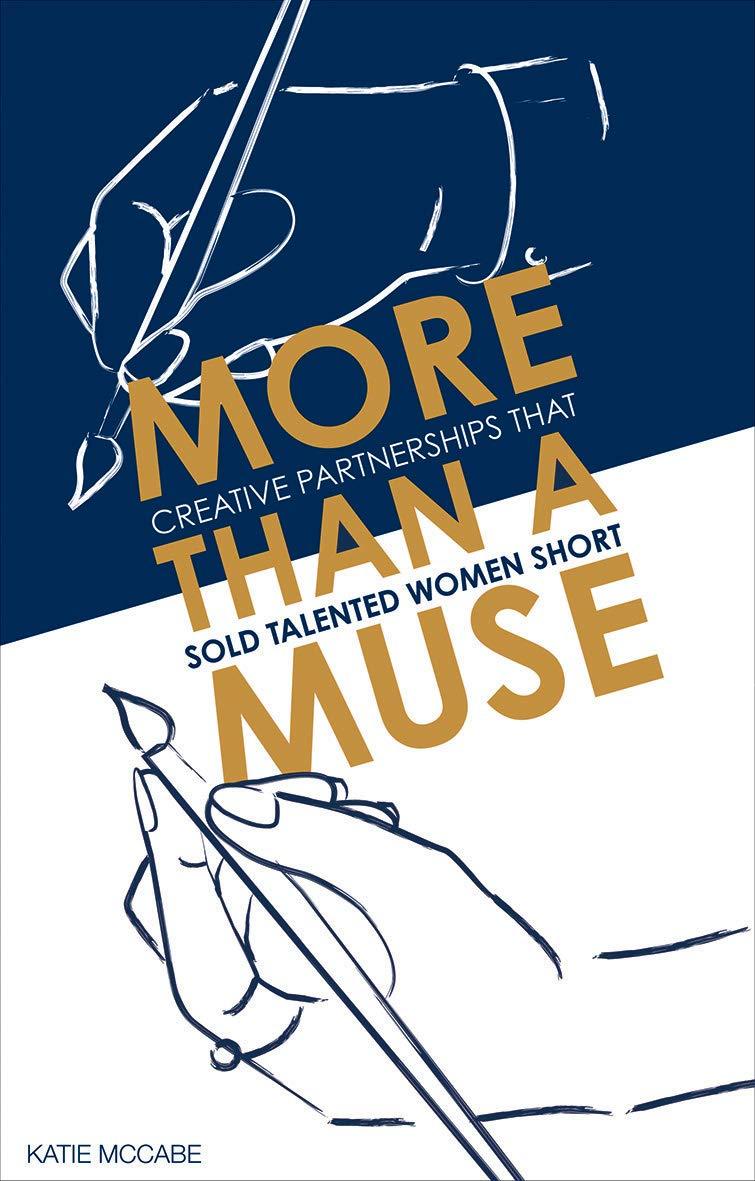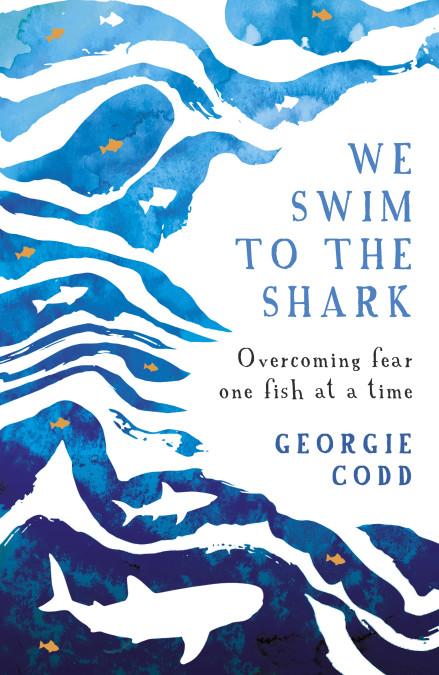‘Everything collapsed like dominos’: How the literary world is adapting to survive lockdown
Cancelled tours and delayed releases have thrown the book industry into disarray – but authors, publishers and shops are finding innovative new ways to keep people reading, says Georgina Lawton


In the times when a quick online scroll can result in a boomerang of emotions, a simple book offers respite. Pick up a tome and we can tune out of today’s sinister reality and allow ourselves to be transported someplace, any place, else. And yet the publishing industry, much like other creative fields, is in trouble. It cannot escape the coronavirus pandemic unscathed and its bookworms are being impacted.
Writers have undoubtedly been hit hard, their publication dates moved and promotional events all cancelled until further notice. Trevor Wood, whose debut crime novel The Man on the Street was published in March, saw his book launch cancelled mere hours before it was due to begin. “I also had 15 events planned in 24 days and didn’t do any of them. Everything collapsed like dominos,” he says.
Katie McCabe’s first book, More Than a Muse, was also released in March and, although she enjoyed a launch party, social distancing began a few days later. “The week after publication is a pretty crucial time for promoting a book, but it went by in an anxious blur,” she explains. “Now I feel I’m not doing enough.”
Wood and McCabe are not alone in their concern – but the publishing industry is fighting back and adapting to survive. The Society of Authors has launched a £330,000 emergency fund for writers who have been affected, with grants expected to be up to £2,000. And a number of resolute authors, agents, publishers and sellers are conjuring up innovative ways of getting books to the people, to ensure that the pandemic is nothing more than a footnote in the long history of publishing.

For one, of course, the literary world has strengthened online. McCabe notes how it’s been “heartening” to see so many authors pull together, while Wood adds: “I’m in a Facebook group called Debut 20 for authors with work due out this year. Whenever anyone finds a new virtual outlet for promotion they pass it on to the whole group.” He says that “big-name authors” like David Nichols and Claire Macintosh have been supporting book releases from smaller authors online and has also “founded the Northern Crime Syndicate, a Facebook group with other crime writers. We just recorded our first weekly panel on Zoom – it got around 700 views. So we’re connecting with established and new writers.”
Authors have also united to produce virtual festival, Bookbound 2020, which is running from Monday 27 April to Sunday 3 May, and comprises live author-to-author conversations, Q&As, pre-recorded readings and features speakers David Lammy, Maya Goodfellow and Nikesh Shukla, among others. Creator Georgie Codd, who published We Swim To The Shark in January, launched the event after her own book publicity plans were shelved and to “create a sense of community for struggling readers and struggling authors”. The festival will be freely accessible on YouTube, with fundraising also taking place in aid of Mind. “Mental health support is something that many of us will need more and more as this crisis develops,” says Codd. “This project will help us create new and interesting connections during these uncertain times.”
Customers are buying our monthly book subscriptions and gift vouchers for when we reopen and we’ve transferred all our book clubs to Zoom meetings
Using social media creatively is vital for publishers, too, as Sharmaine Lovegrove of Dialogue Books knows well. She’s just launched #DialogueBookLounge on Instagram Live, where she’s hosting a conversation with a new author every Thursday at 8pm. “The interaction on there is amazing,” she says, explaining her choice of medium. “Seeing all the hearts and emojis and people asking questions, as well as the split-screen between myself and the author, means our viewers can engage. The other day I even created an emoji quiz and gave away three sets of proofs. It’s a great way to encourage our readers to think of something other than lockdown and engage our writers with new audiences.”
Authors and book lovers have also been busy arranging virtual book clubs and launches with a twist. Peter Lovatt launched his book, The Dance Cure, on Instagram and Facebook Live, followed by a live virtual dance party. Abi Palmer will be reading and performing from her bathtub to launch her debut memoir, Sanatorium, on 20 April. And novelist Yiyun Li is leading a virtual book club on War and Peace with the hashtag #TolstoyTogether. “Events” like these are certainly more inventive than your standard reading in a shop.
The closure of warehouses, printing presses and the recent spate of panic buying, however, have disrupted the book supply chain and so obtaining your favourite titles can be an arduous task for all involved. In March, as Amazon prioritised essential deliveries, the “buy now” button on many forthcoming and current titles was temporarily removed, provoking concern from many publishers and writers (though it was later reinstated). And while Waterstones reported a 400 per cent increase in online sales, the closure of book wholesalers, Bertrams, Bookspeed, Central Books and Gardeners (the latter of which is the UK’s largest supplier and later reopened with a smaller team) is impacting independent bookshops who only have existing stock to work with.

And yet many of those book shops have devised inventive methods to empty their shelves. Emily and Dan Ross, co-owners of indie shop Storysmith in Bristol explain that, although they’re unable to reliably receive orders from suppliers, they’re still maintaining a postal delivery service. Business, they say, is booming. “The closure of the shop was inevitable and a cause for concern but we’ve been overwhelmed with support,” they tell me. “Customers are buying our monthly book subscriptions and gift vouchers for when we reopen and we’ve transferred all our book clubs to Zoom meetings, which have been a lifeline for us socially.”
They add that quarantine has reinforced how important shops like theirs are to the community. “Never have we been told more often that our shop matters. We want to be responsible, but we can still celebrate books and their relevance at times like this.”
Over in east London, Pages of Hackney is selling their stock via Instagram and delivering by post and bike. In Suffolk, Woodbridge Emporium is offering free titles or “Book Hugs” to NHS workers and those who are self-isolating. And The Book Hive in Norwich has created new “self-isolation reading packs” (five handpicked titles grouped by genre) and an “isolation lucky dip” (any paperback popular with staff), plus free postage on everything.
And while some big-name authors have delayed their releases until 2021, Game of Thrones writer George RR Martin among them, others are inadvertently benefitting from less competitive markets. Helen Lewis of book marketing agency LitPR believes that “there’s never been a better time to publish a book” and reports an upsurge in author-clients who want to learn how to weather the current storm. “Before coronavirus, the market was saturated,” she says, “but now there is actually slightly less noise.”
And Lucy Pearson, who runs a book blog called The Lit Edit, is enjoying double traffic on her site as people trapped at home hunt for recommendations. “Traditionally, book bloggers have never commanded the same audience as travel, beauty and fashion bloggers but those areas are almost pointless during the time of coronavirus,” explains Pearson. “Now we’ve got more downtime and books are an obvious choice. I do feel sorry for the authors, but there are ways to remedy all these cancelled tours. We just have to get creative.”
Join our commenting forum
Join thought-provoking conversations, follow other Independent readers and see their replies
Comments